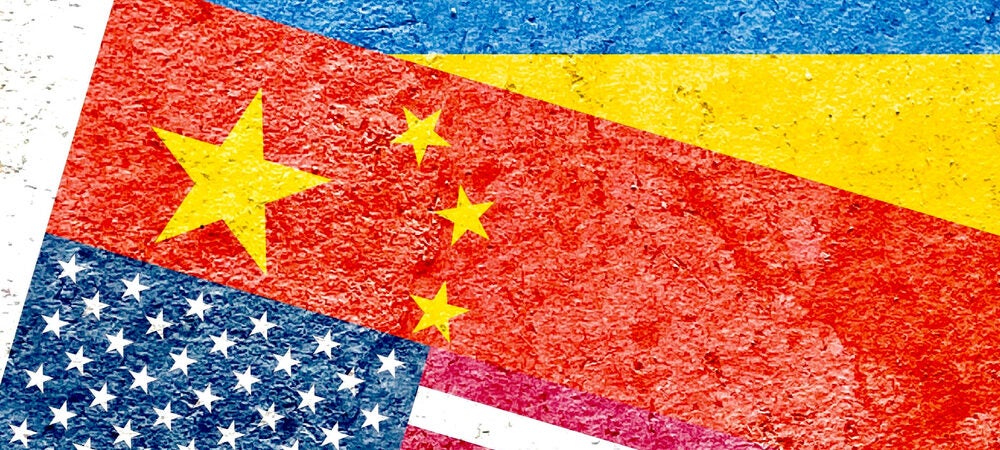Invasion upends trade and supply chains
Ukraine is rallying the world’s concern. We are watching in real time the impact of war on global trade and supply chains. In Asia, which sectors will suffer the most? Alicia Garcia Herrero and Gary Ng lay out an analysis for Natixis. If prolonged, the invasion will magnify the global trade crisis, argues Brendan Murray in Bloomberg.
The war has also highlighted Ukraine’s resource wealth, including in lithium deposits, Hiroko Tabuchi reports in the New York Times.
Indeed, war changes what we are accustomed to. The rules-based international order? Russia’s invasion is rapidly reshaping that order, writes Alan Beattie in the Financial Times. Calls to suspend Russia’s WTO privileges are gaining traction, details Peter Ungphakorn in the Trade Beta Blog.
And where is China in the reshaping of global order? China is now at center stage, argues Victor Shih in The Wire China. According to Bloomberg, China is moving to secure commodities affected by the war. Billions of dollars in economic ties between Ukraine and China are at risk, reports Ralph Jennings for Voice of America. However, China’s role may have only limited impact on the Russian economy, according to the Wall Street Journal.
As for China’s “Iron Silk Road” vision, those plans may be upended, writes Andreea Brinza in Foreign Policy.
Buy American and other supply chain shifts
The annual US Trade Policy Review, published this week, talks of a “re-alignment” of China trade policy. This may mean further confrontation on trade and industrial policy, argues the Wall Street Journal. A review of existing tariffs on China is also in the cards, notes Bloomberg.
The White House published a plan to revitalize American manufacturing and critical supply chains. The Center for the Strategic and International Studies offers some key takeaways.
Supply chains are shifting elsewhere. New legislation in Japan is working on how to safeguard the country’s supply chains, writes Yoshiaki Nohara in Bloomberg.
Meanwhile, a new report on Industrial Policy and International Competition from the World Economic Forum explains how industrial policy can be harmful to international competition.
Execution is everything
Lastly, new reports remind us that free trade agreements are relevant only with serious execution and enforcement. For example, China’s provincial governments hold the key to the success of the Regional Comprehensive Economic Partnership (RCEP), explains Li Xirui in AsiaGlobal Online.
And, according to a new information resource launched by the Brookings Institution, effective enforcement and execution of the US-Mexico-Canada Agreement may help rebuild US confidence in trade, particularly among Americans.
To read the full commentary from the Hinrich Foundation, please click here.

